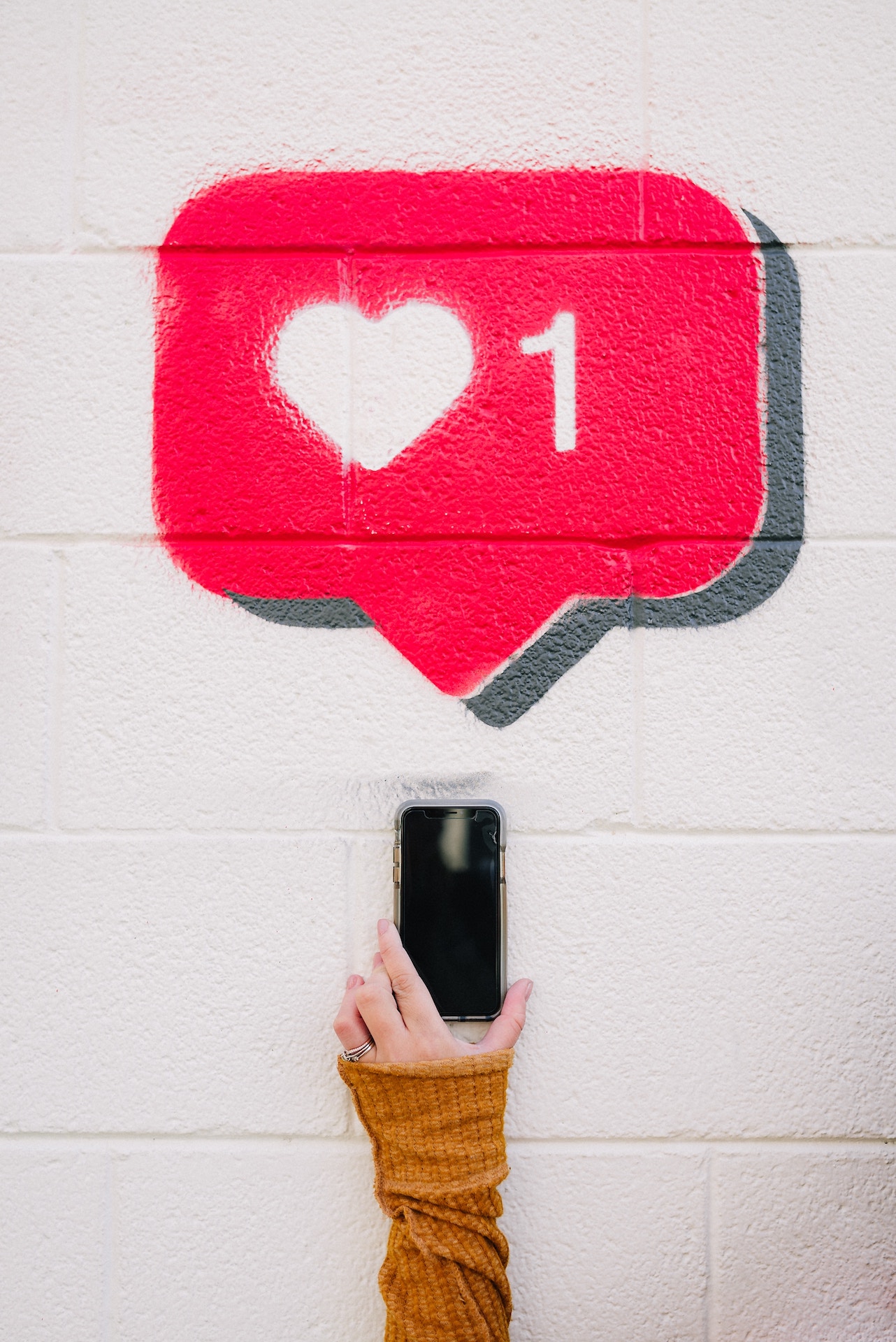In this age of digital technology, social media plays an important role in our society – we use it to communicate, share information, and access entertainment. For students, it can be an invaluable tool. Not only do these platforms become the beating heart of their social lives, but they can also support their studies through the sharing of information.
But there is also a well-documented darker side to social media, with critics pointing to the negative effects it can have on its users’ mental and physical wellbeing. With so many aspects of life now being conducted over the internet, it’s no surprise that students have become reliant on online platforms. But what effect does this increased usage have on their concentration levels?
In this blog post, we’ll explore the effects that social media can have on a student’s focus and ability to study effectively. We’ll look at how regular exposure to different types of online content can impact concentration levels, the way using social media affects motivation for studying, and strategies for managing time more effectively when using these platforms.
Potential impacts of social media on concentration
As we continue to rely more heavily on social media and technology, it’s worth considering the possible effects on student focus and motivation in the classroom. While social media offers endless opportunities for connection and collaboration, it also presents a wealth of distractions and can be a source of procrastination for many students.
Keeping up with notifications and scrolling through news feeds can easily take precedence over paying attention in class or completing assignments on time. Moreover, the constant comparison to others that social media can encourage can lead to a sense of disengagement and lack of motivation. It can also have an adverse impact on mental health, which can in itself affect motivation levels and self-esteem.
As educators and parents, it’s important to acknowledge these potential impacts of social media and work to promote healthy habits and boundaries for ourselves and for the students we support.
Tips to manage social media time
Forming a healthy relationship with these digital platforms can have a positive effect on both students’ motivation levels and their general wellbeing. But lots of the apps we use every day are designed to keep us glued to our screens. So how can we use social media more responsibly, without needing to cut it out completely? Here are four potential strategies you could use.
- Switch off notifications. Getting a sudden flash, ping or buzz from our mobile phone can prompt us to look at it without even thinking. This can ultimately lead to minutes or hours of scrolling through the apps we weren’t even thinking about before getting the notification. While most social media use is harmless, there’s no doubt that this time can take your mind away from what you were focusing on before hearing the notification.
- Time management strategies. Due to the very nature of many undergraduate courses, students often find themselves with lots of free time on their hands away from tutor-led learning. This means that they largely have to take responsibility for managing their own time.
Whether you set reminders, create a calendar, work through a to-do list or do a combination of all of the above, there are lots of strategies you can employ to help you stay on track with your studies. Make sure to reward yourself with breaks throughout your working time, but be strict with yourself and don’t allow this downtime to eat into your study hours.
- Usage limits. One useful feature of modern digital devices is the usage limits you can apply to specific apps. If you are someone who struggles with procrastination and is prone to endless scrolling through social media, usage limits can put a cap on your screen time and prompt you to refocus on other priorities. You can also check how much time you’ve spent on any given app throughout the day to help keep your scrolling in check.
- Log out. If you realise that you’re using social media to avoid your educational responsibilities as a student, you may deem it more useful to log out of the apps after using them. Even having them open in the background on our phones or laptops can make it easy to quickly have another look which can soon turn into hours of wasted time.
When your study time becomes particularly valuable, like in the lead-up to a deadline or exam, it’s important you have the right techniques in place to help you manage your time most effectively. Be sure to experiment throughout the year to find what works best for you.
What are the positive aspects of social media for students?
As we’ve already alluded to, social media can be an extremely powerful tool for students who are starting to build the foundations of their career. One of the most prominent benefits is the networking opportunities that digital platforms bring to the table. Many different apps and websites allow students to connect with professionals in their respective fields, opening doors for possible internships and job opportunities after graduation.
Furthermore, social media enables students to easily access educational resources from around the world. Through designated groups and community pages, students can supplement their studies with additional materials, webinars, and even discussions with experts in their related fields. With these positives in mind, it’s clear that social media has much to offer students seeking to expand their horizons and enhance their educational experience.
Summarising the importance of mindful social media use
The digital age has revolutionised the way we communicate, learn, and work. With the advent of digital platforms, students are presented with endless opportunities to connect, interact, and collaborate with their peers and teachers. However, this freedom and flexibility also comes with a set of challenges that require students to be mindful when engaging with any type of digital platform.
From cyberbullying to online security risks, the digital world can be a complex and risky space for young learners. That’s why it’s crucial for students to develop critical thinking skills, be aware of online etiquette, and leverage technologies responsibly and ethically. By being mindful and vigilant, students can unlock the full benefits of digital tools and platforms while minimising the potential harms that can arise from unwise or reckless usage.
Author: Lucy Shore






